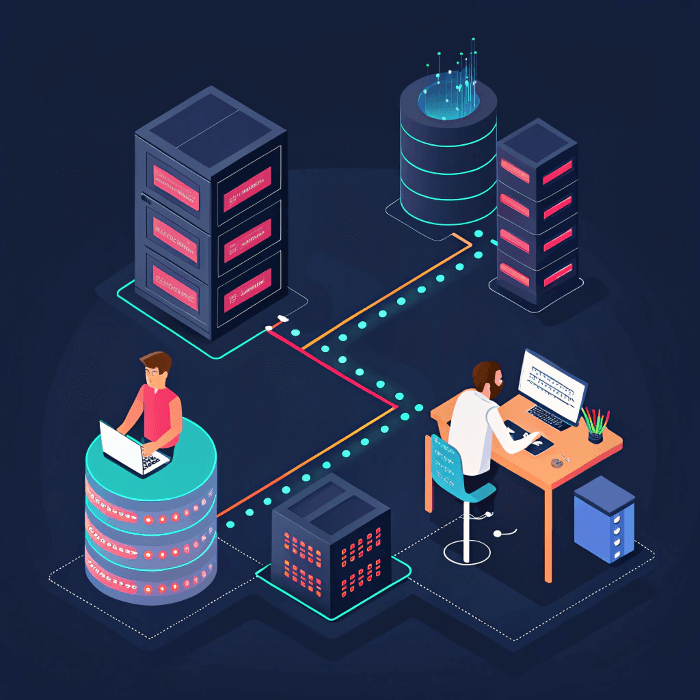
About
Experienced Software Developer specializing in digital government transformation, e-commerce, and the creation of dynamic web applications and automation systems.
Learn More- [email protected]
- +201271345139
- Mar 28, 2025
- |
- By Ahmed sadek
How to Make Your APIs Faster
APIs are the foundation of modern applications. Whether you’re creating a mobile app, a single-page frontend, or connecting with third-party services, your API's speed impacts user experience. Slow APIs can frustrate users, cause timeouts, and result in lost business.
In this article, I will share techniques I use in Laravel and backend projects to make APIs faster and more dependable.
1-Optimize Database Queries
Most slow APIs are caused by inefficient database access.
- Use Eager Loading: Avoid the N+1 query problem with with().
// ❌ Slow
$posts = Post::all();
foreach ($posts as $post) {
echo $post->user->name;
}
// ✅ Fast
$posts = Post::with('user')->get();- - Add Proper Indexes: Ensure columns used in WHERE, JOIN, or ORDER BY have indexes.
- - Paginate Results: Don’t return thousands of rows in one response.
2- Implement Caching
Reduce database hits by caching frequent results.
- - Response Caching:
$posts = Cache::remember('latest_posts', 600, function () { return Post::latest()->take(10)->get(); });- - Tagged Caching: Group related data for easier invalidation.
- - Use Redis or Memcached for high-performance caching.
note: if you use Caching you need to design strategy what you will chache? when you will delete cached data?
3- Minimize Payload Size
Large responses slow down APIs.
- - Return only the fields you need using API Resources.
- - Compress JSON responses (Laravel can gzip automatically).
- - Remove unnecessary nesting and metadata.
4-Use Queues for Heavy Tasks
Don’t block the API response with time-consuming operations.
- - Offload tasks like sending emails, processing files, or calling external APIs to queues and jobs.
- Example:
SendInvoiceEmail::dispatch($invoice); return response()->json(['message' => 'Invoice queued for sending']);
This way, your API responds instantly while background workers handle the heavy lifting
5- Enable HTTP and Gzip
At the server level:
- Enable HTTP/2 for multiplexed requests.
- Enable Gzip or Brotli compression to reduce response size.
6- Optimize Authentication
- - Use JWT or Laravel Sanctum for lightweight authentication instead of heavy session-based checks.
- - Cache user permissions/roles instead of checking the database for every request.
7- Use Rate Limiting & Throttling
Fast APIs can be abused. Protect performance with:
- - Laravel’s ThrottleRequests middleware
- - API gateway limits (e.g., Nginx, Cloudflare, or Kong)
- - Different limits for authenticated vs. guest users
8. Use Database and Query Caching
- - Use Query Caching in MySQL or Postgres for repeated queries.
- - Use Materialized Views for complex reporting queries.
- - Pre-calculate common statistics in a nightly job instead of on-demand.
9-Use Proper Indexing
Indexes are like a “table of contents” for your database. Without them, the DB engine scans the entire table for every query.
- - Index columns used in WHERE, JOIN, and ORDER BY.
- - Use composite indexes when filtering by multiple fields.
- - Monitor unused indexes — too many indexes can slow down writes.
10- Select Only What You Need
Fetching unnecessary data wastes time and memory.
// ❌ Bad: Loads all fields
$users = User::all();
// ✅ Good: Loads only required fields
$users = User::select('id', 'name', 'email')->get();


